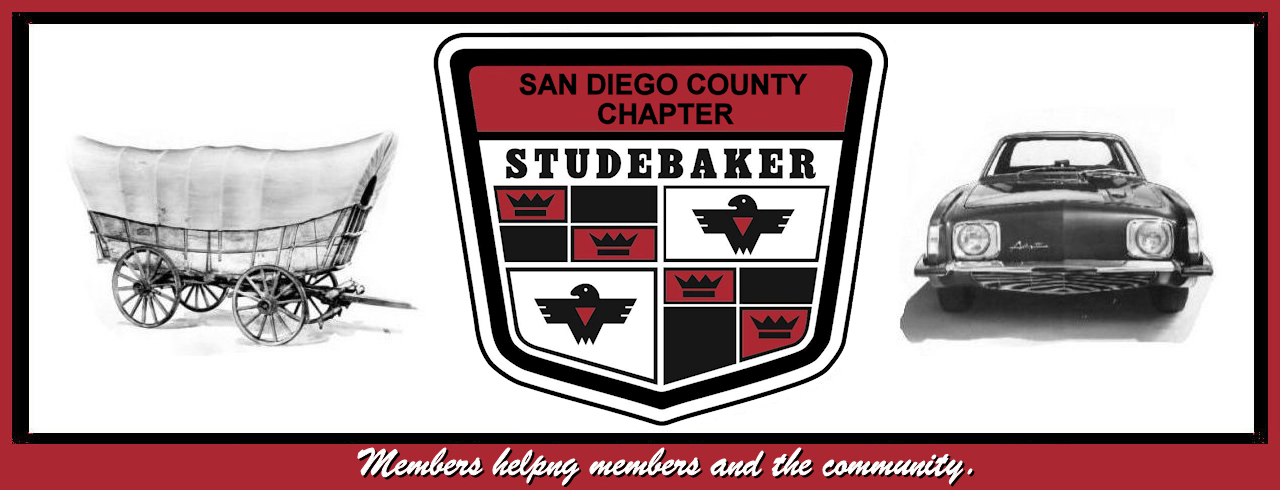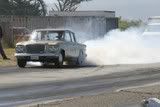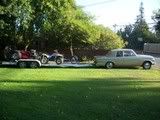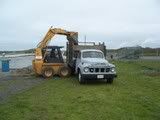Pretty chilly here today, so I decided to take the 57 out for a newspaper run and had to dittle around with cleaning battery terminals at the grocery. (Don't we all love making parking lot repairs when it's just under freezing?)
Got me to thinking as I was wire brushing things down, back when I was in HS and worked p/t at a gas station, the old mechanic there insisted on using wheel bearing grease on the battery posts, saying it kept down corrosion. It kept out the air, that's for sure and in FL where I lived at the time, it was salt air.
Does anyone use a slather of something to keep the rusticles away?
Got me to thinking as I was wire brushing things down, back when I was in HS and worked p/t at a gas station, the old mechanic there insisted on using wheel bearing grease on the battery posts, saying it kept down corrosion. It kept out the air, that's for sure and in FL where I lived at the time, it was salt air.
Does anyone use a slather of something to keep the rusticles away?







 )
)


Comment